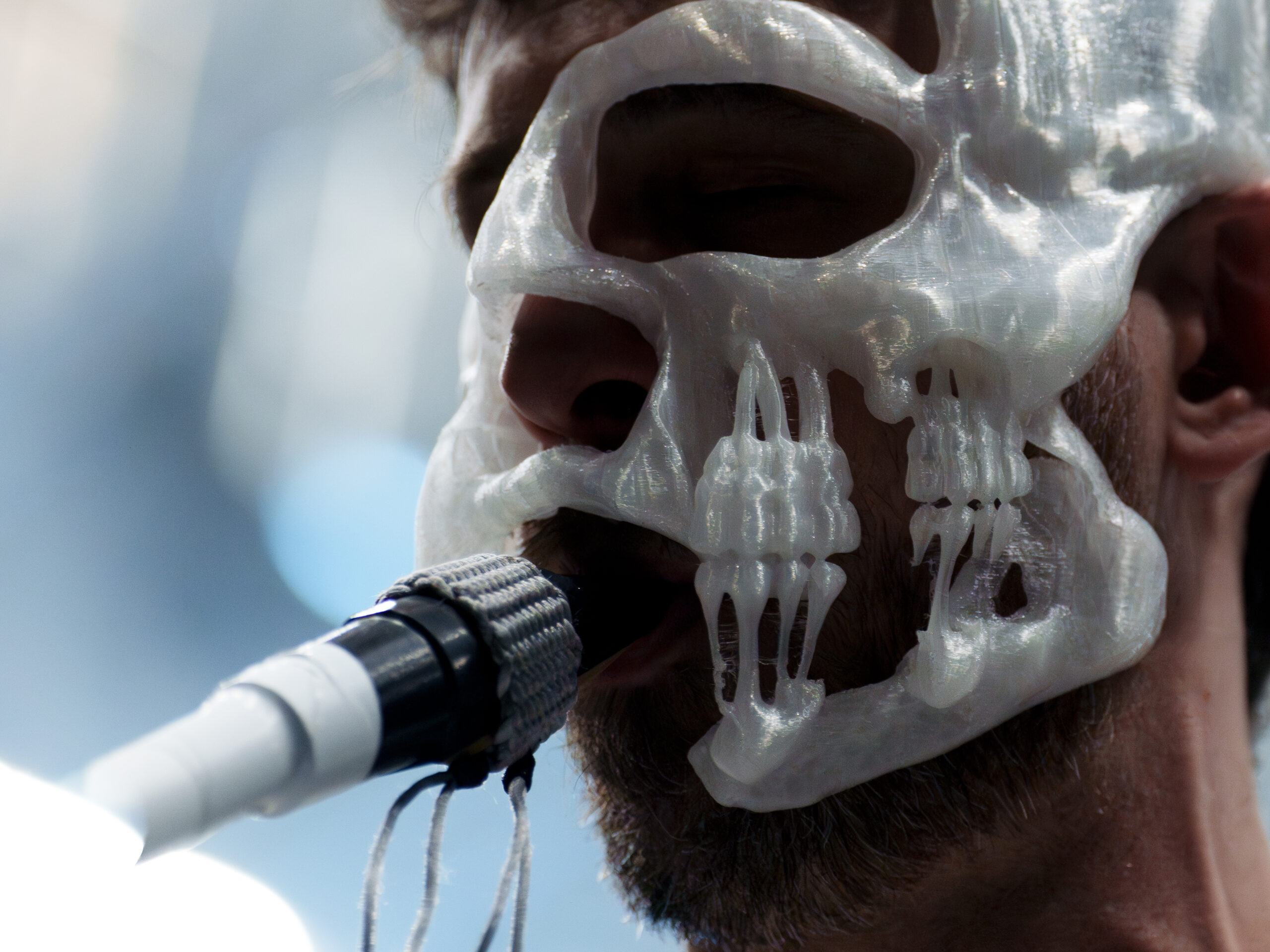
ЯΛ́ЯΛ / New Creation by Catarina Miranda for Companhia Instável
ЯΛЯΛ is a stage piece for five performers, based on the experience of collective celebration as a space for the expansion, exaltation, and transformation of the body. Rhythm, dance, and sound construct a sonic and luminous environment where bodies traverse liminal states, between wakefulness and vertigo.
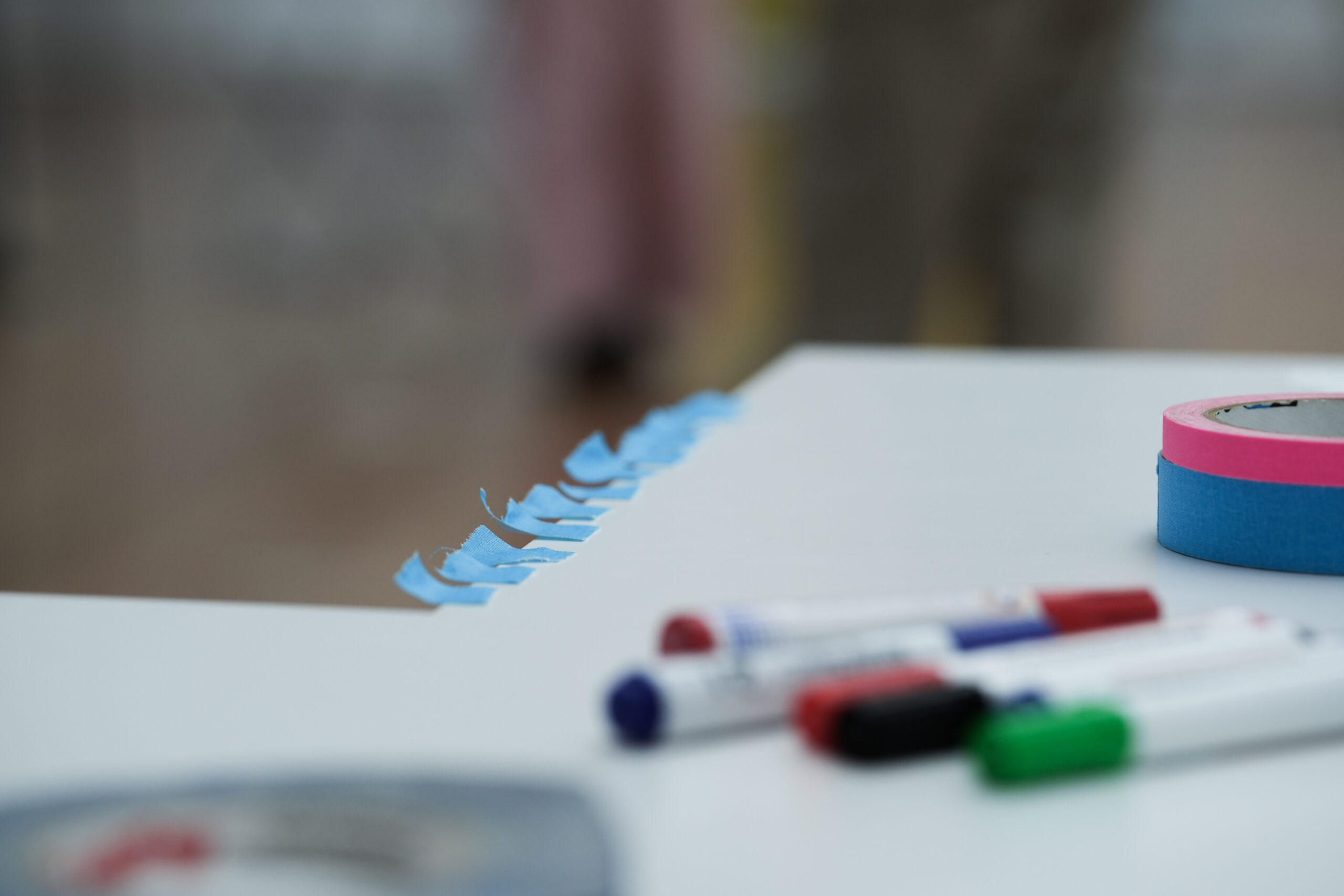
Instável Production Course / Evening Schedule
Instável Production Course is an irreverent training program that combines essential topics and key professionals through a modular structure with a strong practical component. Rather than providing fixed working models, it aims to provoke critical thinking, stimulate synergies, and foster interaction.
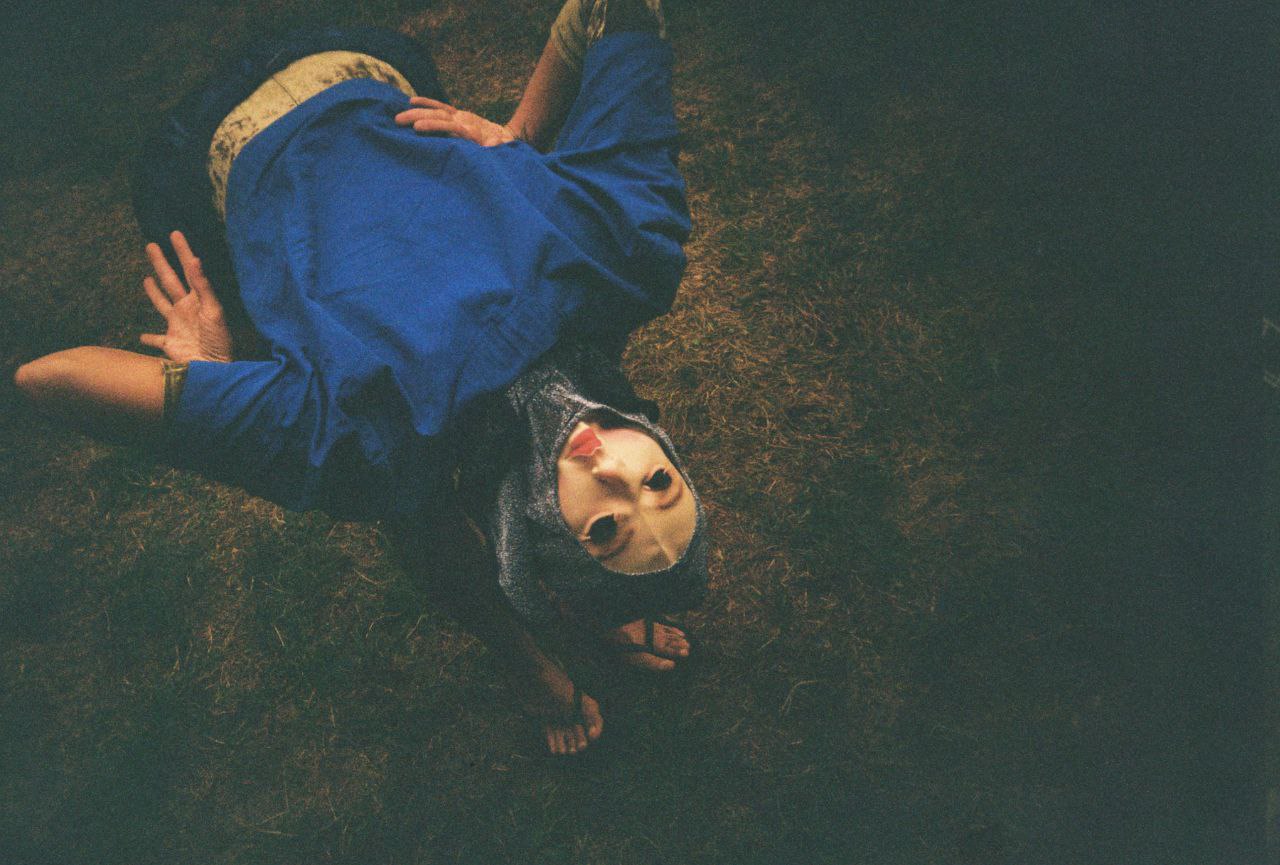
I’d like to dance the same way you park your car / Dimitri, Eliot and Rita
I'd like to dance the same way you park your car is a performance about the political body, a choreographic essay on imagining a utopian body who inhabits the dystopia. A sequence of attempts, failures, and interrupted gestures.

Conto Preto is a choreographic work that intertwines the spiritualities of Candomblé with the powerful identity of ballroom culture, creating a space for evocation, celebration, and resistance of Black and queer bodies.
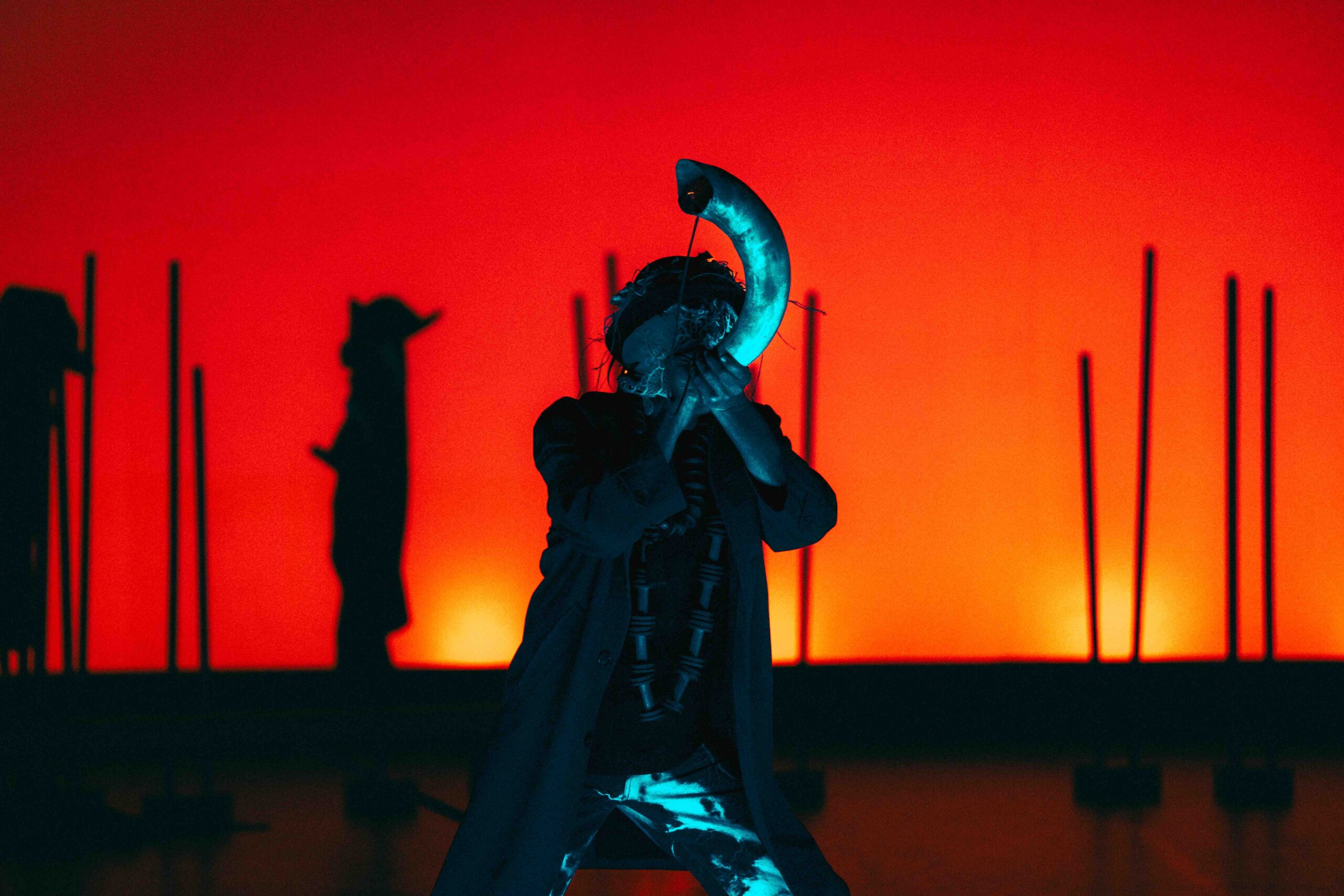
Do Terreiro ao Mundo / New Creation by Clara Andermatt
Do Terreiro ao Mundo is a dance that traverses time. Its steps trace threads of faith, struggle, and craft. What begins in the churchyard extends beyond, carried in body and memory, forging new paths, becoming change, and a living force. It is here.

In A SENSE OF the audience is invited to co-create a space, where collective power and dreaming are used as modes of protest.

SLUMBER PARTY: HEARTBREAK EDITION / João Oliveira and Mariana Pontes Barbosa
MAN-MAN transports the audience to the intimate and ordinary setting of MAN-MAN, the character who inhabits the stage and his body in the same way: by dressing, undressing and covering.

KOKORO / Ana Isabel Castro and Deeogo Oliveira
1. Hurt, Touched, Grievous, Sad, Plangent, Sensitive, Half Rotten, Broken; 2. Psychophysiological function that consists of experiencing a certain type of sensation; (...)

Apneia / Leo Calvino and Joana Couto
Normality returns quickly and sanity is not at risk, just turn the other way and snuggle back into your own soft and fragrant conceptions. How many layers does a dream have? Where does one person's dream end and another's dream begin? Where is the border between the real and the surreal?
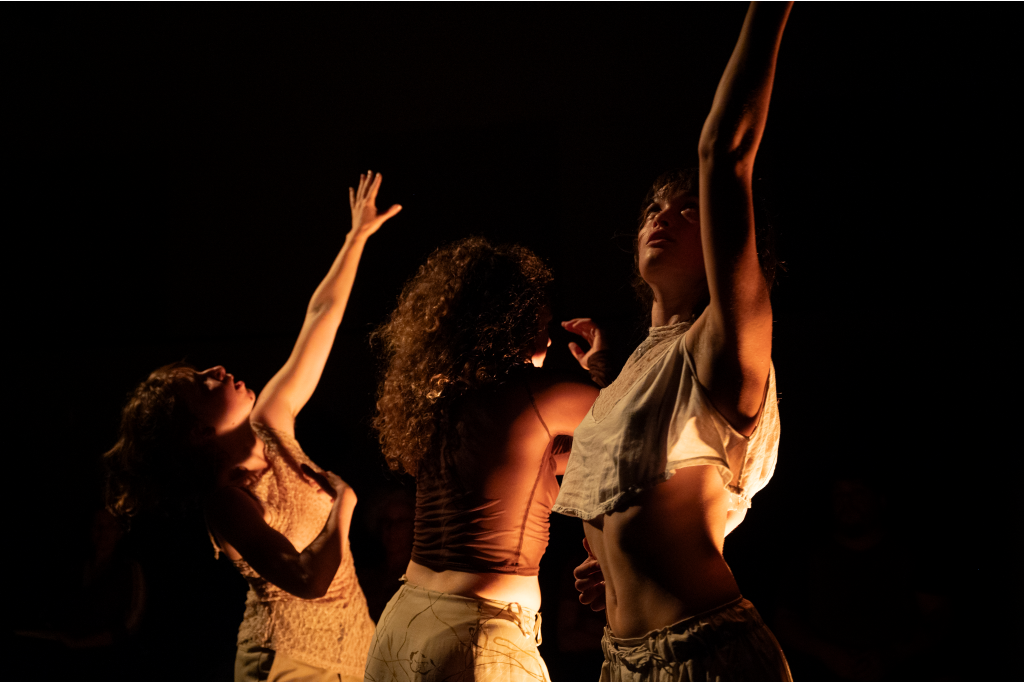
Songs of Ascension / Beatriz Moreira, Iris Auguste and Giulia Micelli
The game is played with your eyes closed to switch off the violence of unattainable ideals of beauty, representations and preconceived ways associated with femininity. Connecting with the authorship of their own body, the performers.